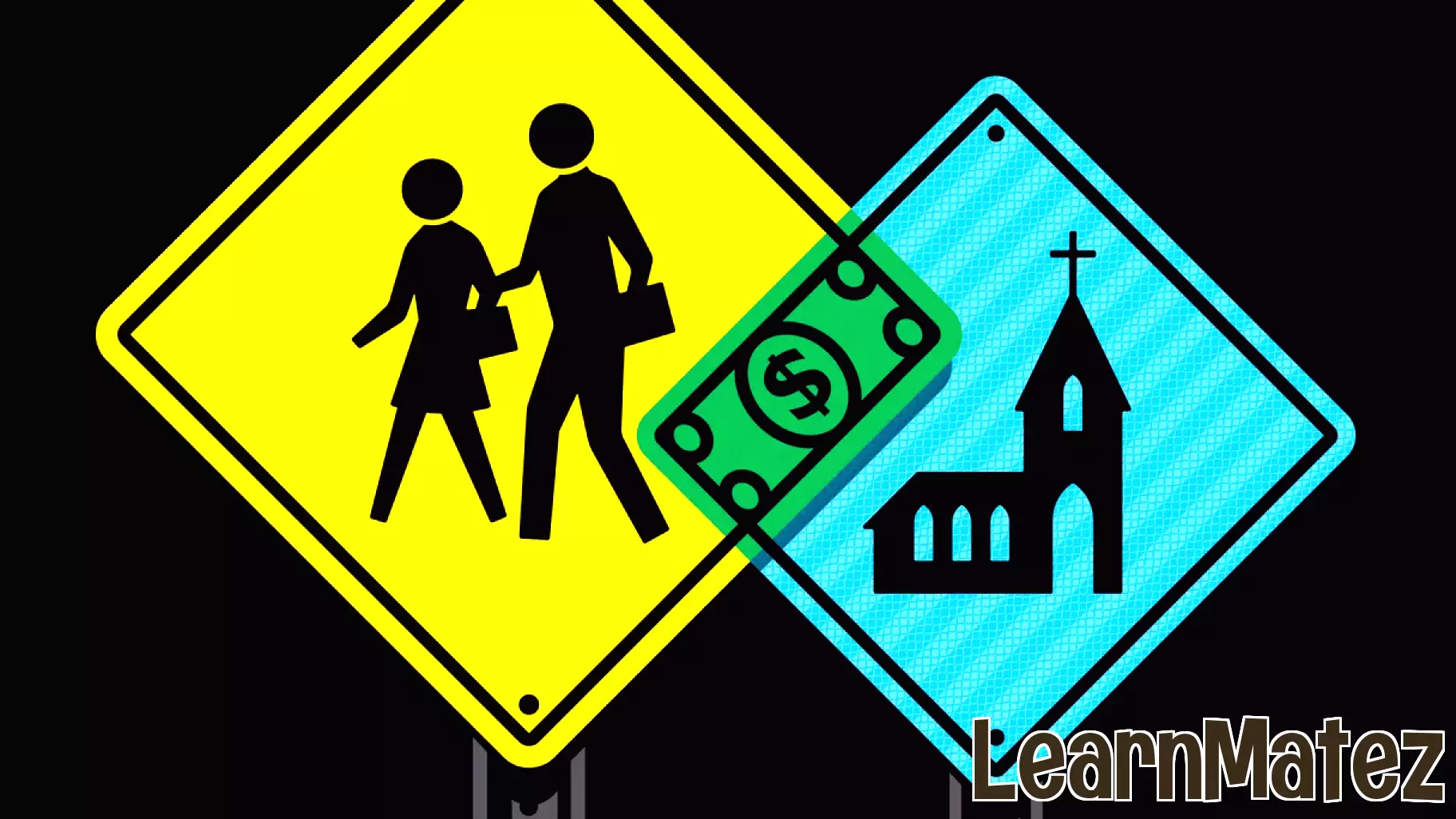January 13, 2025 - 14:28

A nationwide movement has emerged that channels taxpayer funds into private religious institutions, raising concerns about the erosion of the separation between church and state. This trend has resulted in a significant financial burden on public education systems across the country. As states increasingly adopt voucher programs and tax credit schemes, public dollars are diverted from public schools to support private education, often in religious settings.
Proponents of these programs argue that they provide parents with greater choice and promote competition among schools. However, critics contend that this shift undermines the foundational principle of public education, which is designed to serve all students regardless of their background or beliefs. The influx of funding into religious schools has sparked debates over accountability, educational standards, and the potential for discrimination against non-religious students.
As the movement gains momentum, educators and policymakers are grappling with the long-term implications for public education and the fundamental values that underpin it. The ongoing discourse highlights the need for a careful examination of how public funds are utilized and the impact on the broader educational landscape.



